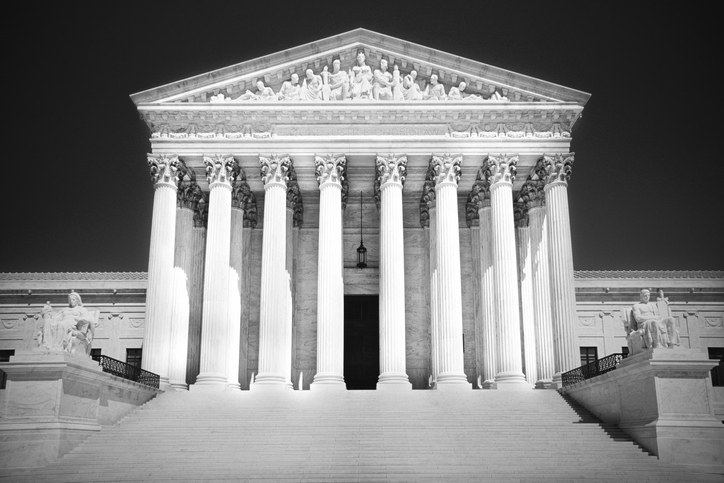The Trump Administration asked the Supreme Court to revisit their decision on the 14th Amendment and birthright citizenship. If the Supreme Court rules against birthright citizenship, the automatic right to U.S. citizenship for children born on American soil would end.
Currently, under the 14th Amendment, anyone born in the United States is a citizen, regardless of their parents’ immigration status, except children of diplomats. A ruling against this principle would fundamentally redefine what it means to be American.
Without birthright citizenship, children born to noncitizen parents could be denied citizenship at birth. They might instead have to go through naturalization processes later in life, potentially leaving them in legal limbo or limiting access to social services, healthcare, and even public education. Experts warn this could create a generation of “stateless” or partially recognized residents with unclear legal status.
The change could also affect immigration policy and enforcement. Parents without legal status might face increased scrutiny, and states could be pressured to verify children’s citizenship before providing government benefits. Political debates would likely intensify over who qualifies as a citizen, and whether new legislation would define eligibility by parentage, residency, or other criteria.
Civil rights advocates stress that ending birthright citizenship would disproportionately impact immigrant communities, particularly Latino and Asian populations, and could spark nationwide legal challenges. Meanwhile, supporters argue it would curb so-called “anchor baby” practices and tighten immigration controls.
As the Supreme Court deliberates, families, policymakers, and legal scholars are closely watching, knowing that the ruling could reshape U.S. citizenship laws and redefine the rights of children born in the country for generations to come.


